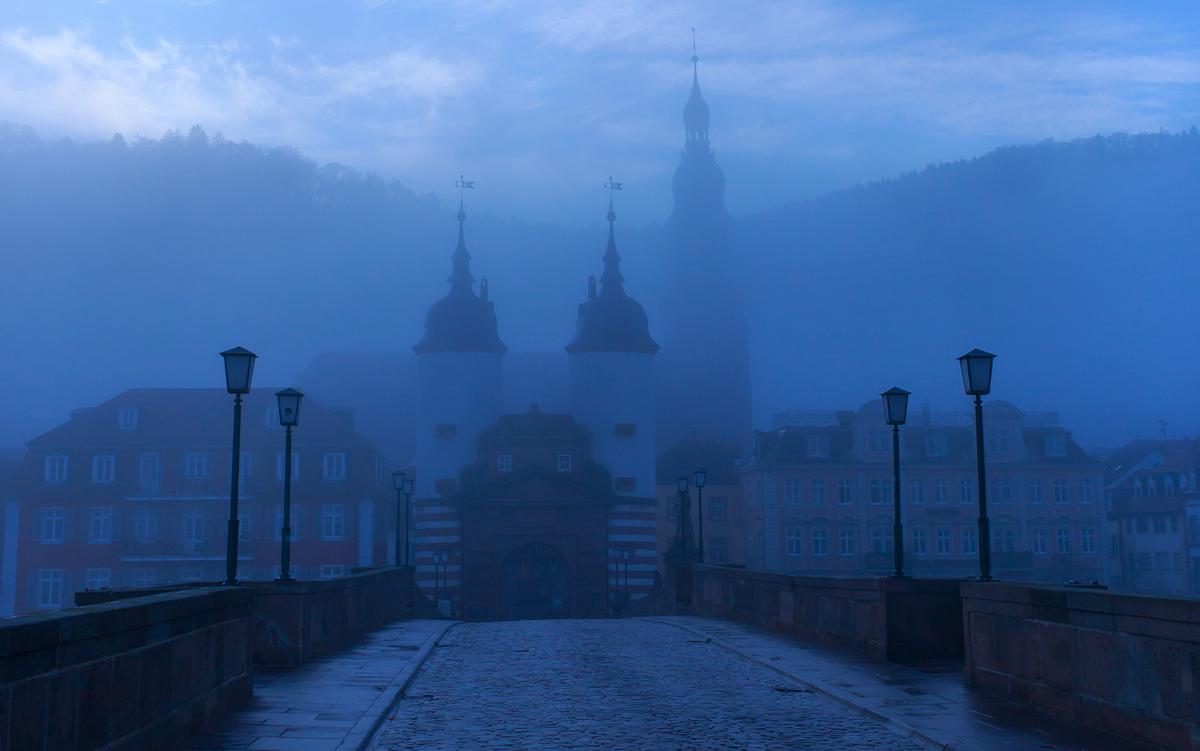
For Literary Novelists the Past Is Pressing
In an interview in 2012, Hilary Mantel, the author of the “Wolf Hall” trilogy, was asked if she felt any trepidation writing about the Tudors. “Much historical fiction that centers on real people has always been deficient in information, lacking in craft and empty in affect,” she replied. Then she added, with a hint of Cromwellian confidence: “I thought I could do better.”
Underlying every writer’s personal brand of self-doubt, this is the itch from which many novels are born: I thought I could do better. The unusual thing is that Mantel picked the historical novel to do better with. For the past two decades, the novels celebrated for defining our time have almost always been books set within our time, from Jonathan Franzen’s voluminous social comedies to Sally Rooney’s smartly self-knowing novels and the seam of contemporary autofiction that has run between them.
Historical fiction, by contrast, has not been in fashion. Or, rather, it has been seen as its own fusty fashion, relentlessly uncontemporary and easy to caricature, filled with mothballed characters who wear costumes rather than clothes, use words like “Prithee!” while having modern-day thoughts, and occasionally encounter villains immediately recognizable by their yellow teeth or suspicious smell. What light could such novels possibly shed on the present day? “I like fiction by writers engaged in trying to make sense of their lives and of the world in which they find themselves,” Franzen has said, “and this makes me particularly resistant to historical fiction.”



















/cdn.vox-cdn.com/uploads/chorus_asset/file/25415491/DSC08587.JPG)




